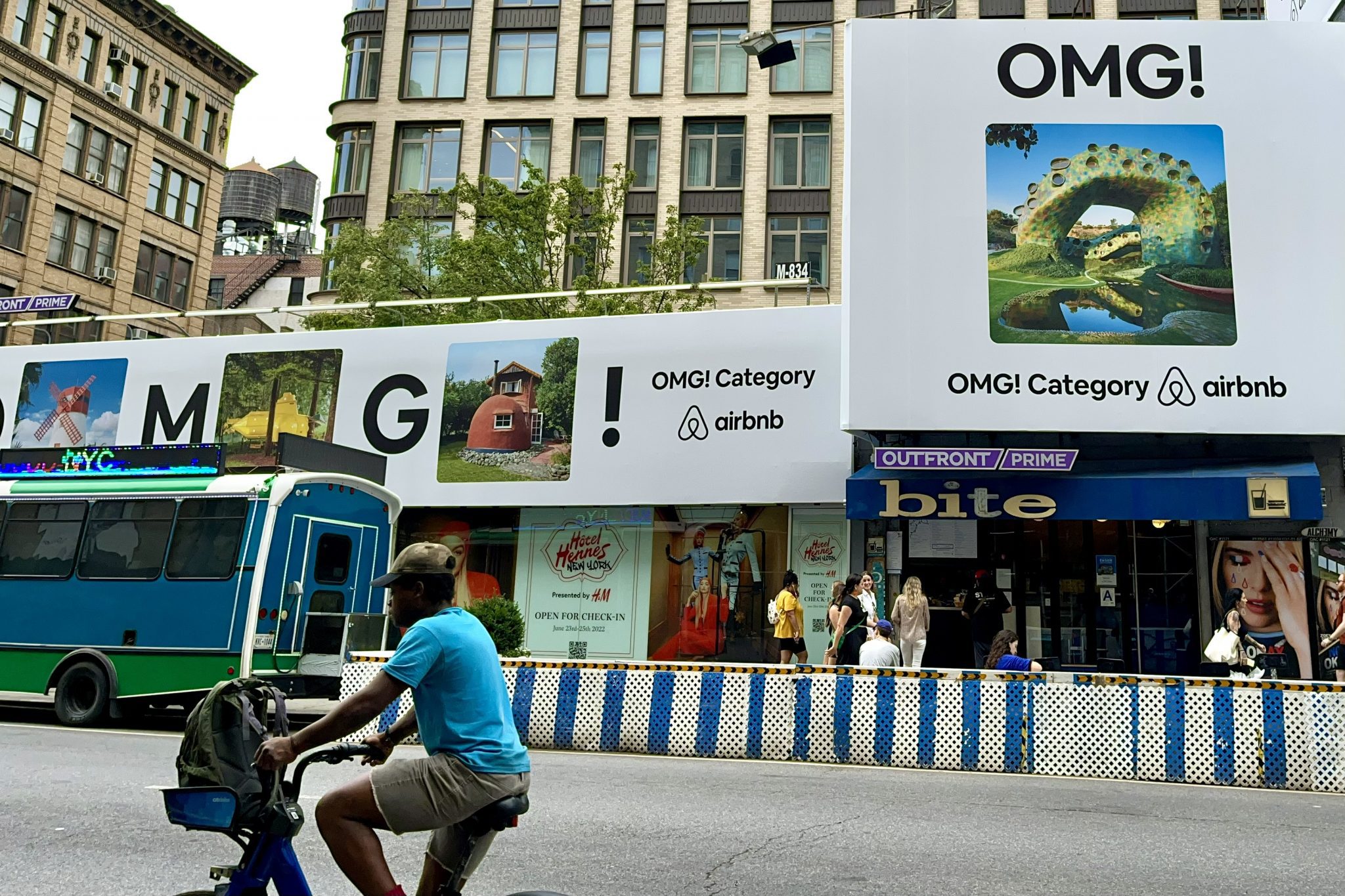Airbnb's NYC Listings Fall 77%, Big Hotelier Sees 'Tailwind'

Skift Take
What impact would Airbnb's diminishing New York City footprint have for hotels? One major hotel operator in the city believes the shortfall will contribute to a significant "tailwind" for hotels in 2024.
That forecast comes as Airbnb's New York City listings for short-term stays — defined as fewer than 30 days — plummeted 77% from June 4 to September 10, which is nearly a week since stringent host registration rules went into effect, according to data that AirDNA provided to Skift.
And while Airbnb's short-term rental listings fell to 4,600 from 22,500 three months earlier, listings for stays of 30 days or longer soared 48% to 34,900, and they now dominate the market, encompassing 87% of Airbnb's total NYC listings, according to AirDNA. [See charts below.]
"We are bullish on New York and we view this as a tailwind," said the C-suite official at a major NYC hotel operator, referring to the host registration requirements and new enforcement regime that kicked in September 5.
This top executive, who declined to be identified, is not an Airbnb hater. In fact, the hotelier tested selling

